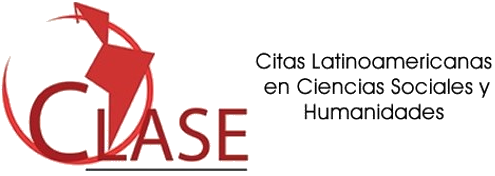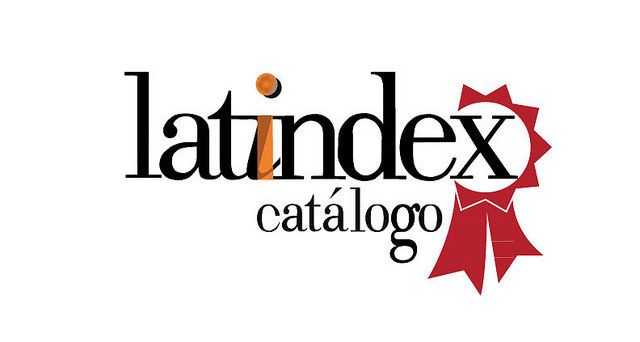Where Do We Stand To Shoot Abriendo Senderos De Justicia. La Sentencia Y Comisión De Ayotzinapa?
DOI:
https://doi.org/10.29340/en.v3n6.190Keywords:
Ayotzinapa, Ayotzinapa sentence, Ayotzinapa commission, Parents of the 43, anthropological reflexivity, political commitmentAbstract
This text presents a review of the investigation and production of the documentary Abriendo Senderos de Justicia (Opening Paths of Justice. The Ayotzinapa Sentence and Commission). It shows the analytical perspectives and narrative approaches taken in the different stages of its creation. In this sense, it tries to show the researchers and filmmakers in the Ayotzinapa Movement’s process of subjective involvement or political and ethical commitment. Additionally, it explains the importance of an unprecedented and uplifting sentence for this movement due to its legal creativity in the field of the struggle for human rights in our country, as well as of a commission that recovers said creativity during the government of López Obrador, beyond the difficulties it has faced.
Downloads
References
Clifford, James (1986). “Introduction: Partial Truths”, en James Clifford y George Marcus (eds.), Writing Culture. The poetics and politics of ethnography. Berkeley: University of California Press, pp.1-26 DOI: https://doi.org/10.1525/9780520946286-003
Cruz, María, María Reyes y Marcela Cornejo (2012). “Conocimiento situado y el problema de la subjetividad del investigador/a”, Cinta Moebio. Revista de Epistemología de Ciencias Sociales, núm. 45, pp. 253-274. https://doi.org/10.4067/S0717-554X2012000300005 DOI: https://doi.org/10.4067/S0717-554X2012000300005
Doran, Marie-Christine (2020). “Le rôle politique de la mémoire en Colombie et au Chili : Imaginaires, mobilisations, institutions”, The Ethics Forum/ Les ateliers de l’éthique, vol. 14, núm. 2, pp. 43-75. DOI: https://doi.org/10.7202/1071132ar
Expansión Política (2020, 5 de julio). “Es oficial: el giei retoma la investigación del caso Ayotzinapa”, Expansión política. Recuperado de https://politica.expansion.mx/mexico/2020/05/07/es-oficial-el-giei-retoma-la-investigacion-del-caso-ayotzinapa, consultado el 26 de agosto de 2020.
Guber, Rosana (2012). La etnografía. Método, campo y reflexividad. Buenos Aires: Siglo xxi, pp. 15-68.
Haraway, Donna (1988). “Situated Knowledges: the Science Question in Feminism and the Privilege of Partial Perspective”, Feminist Studies, vol. 14, núm. 3, pp. 575-599. https://doi.org/10.2307/3178066 DOI: https://doi.org/10.2307/3178066
Heraldo de México (2020). “Fortalecen Comisión de la Verdad para seguimiento de Ayotzinapa”, El Heraldo de México. Recuperado de https://heraldodemexico.com.mx/pais/fortalecen-comision-de-la-verdad-para-seguimiento-de-ayotzinapa/, consultado el 26 de agosto de 2020.
Rancière, Jacques (1996). El desacuerdo. Política y filosofía. Buenos Aires: Nueva Visión.
Rovira, Guiomar (2015). “Las redes digitales y las multitudes conectadas. #Ayotzinapa, México”, Observatorio Latinoamericano, núm. 15, pp. 47-58. Recuperado de http://iealc.sociales.uba.ar/files/2015/03/ObservatorioLatinoamericano15.pdf, consultado el 26 de agosto de 2020.
Redacción Animal Político (2018). “Tribunal ordena crear Comisión para la Verdad en caso Ayotzinapa; no compartimos criterio de magistrados: pgr”, Animal Político. Recuperado de https://www.animalpolitico.com/2018/06/tribunal-ordena-creacion-comision-de-la-verdad-caso-iguala/consultado el 26 de agosto de 2020.
Zires, Margarita (2006). “El discurso del milagro y la política”, Versión, núm. 17, pp. 131-160. Recuperado de http://version.xoc.uam.mx/tabla_contenido.php?id_fasciculo=143, consultado el 26 de agosto de 2020.
— (2017). “Imaginarios religiosos y acción política en la appo: El Santo Niño de la appo y la Virgen de las Barrikadas”, en Eva Alcántara, Yissel Arce y Rodrigo Parrini, (comp.), Lo complejo y lo transparente. Investigaciones transdisciplinarias en ciencias sociales. México: Universidad Autónoma Metropolitana-Xochimilco / Imagia Comunicación, pp. 301-340.
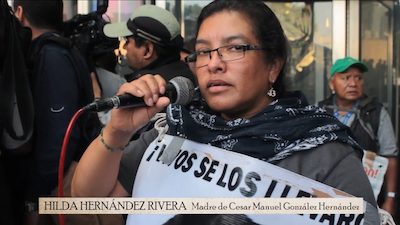
Published
Issue
Section
License
Copyright (c) 2020 Encartes

This work is licensed under a Creative Commons Attribution-NonCommercial 4.0 International License.
Aviso de derechos de autor
- Los autores/as conservan los derechos de autor y ceden a la revista el derecho a la primera publicación con el trabajo registrado con la licencia de atribución Creative Commons, que permite a terceros utilizar lo publicado siempre que mencionen la autoría del trabajo y a la primera publicación en esta revista
- Los autores/as pueden realizar otros acuerdos contractuales independientes y adicionales para la distribución no exclusiva de la versión del artículo publicado en esta revista (por ej. Incluirlo en un repositorio institucional o publicarlo en un libro) siempre que indiquen claramente que el trabajo se publicó por primera vez en esta revista.
El material puede ser copiado, distribuido, comunicado, ejecutado públicamente. Se pueden hacer obras derivadas de él. No se puede utilizar para fines comerciales. Se debe reconocer y citar la obra de la forma en que tú especifiques.

